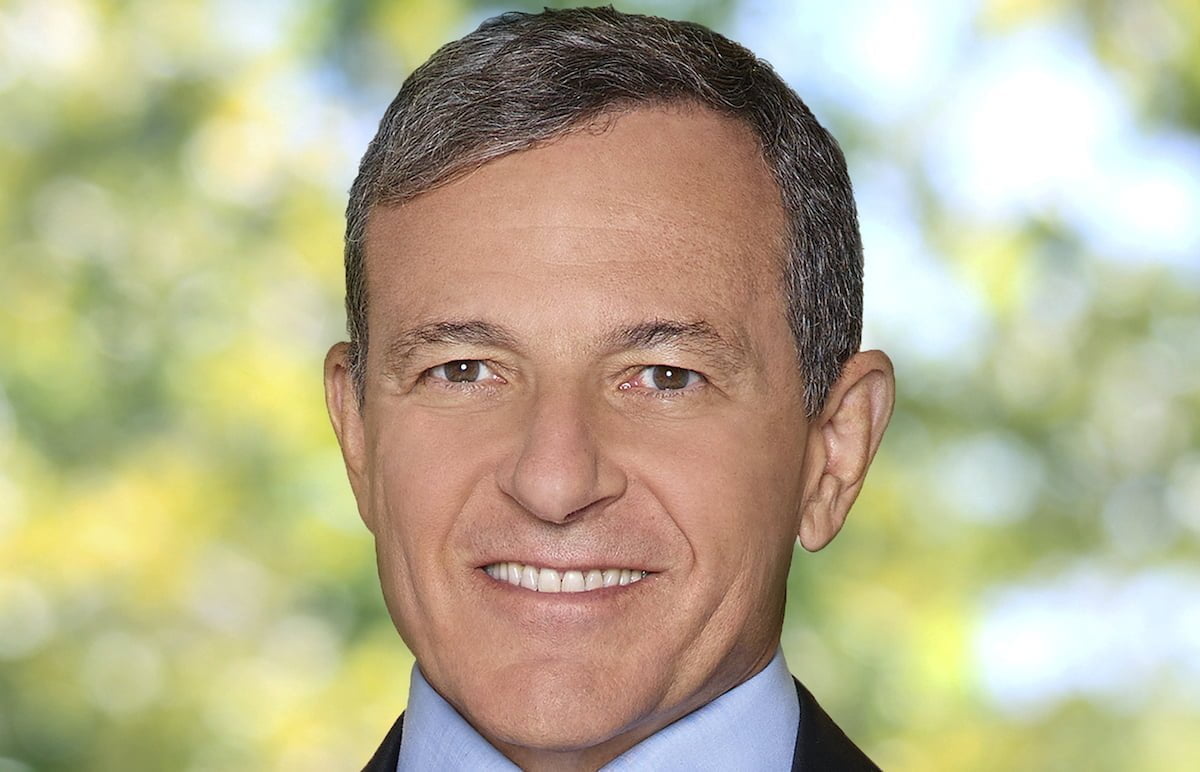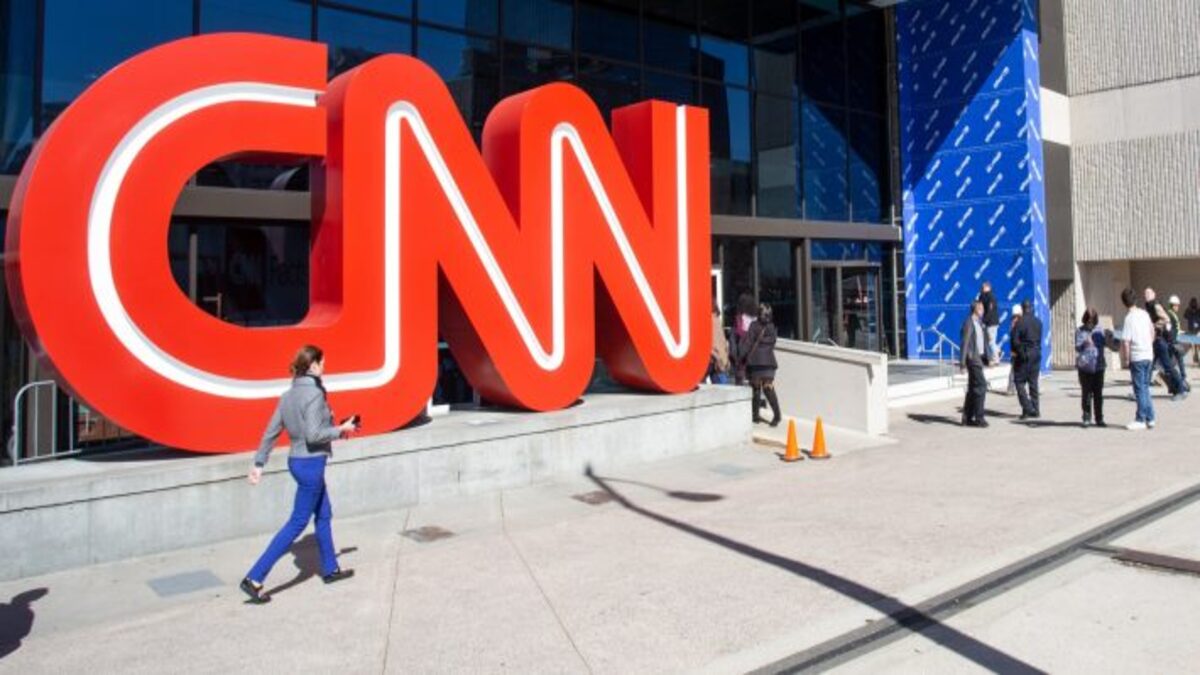Unless we are among those riding a bus, subway, or commuter train these days, my guess is most of us are not picking up an actual newspaper these days. We can read news online, sure, but there’s nothing quite like grabbing one off the newsstand, fishing it out of the bushes, or picking it up at the end of the driveway in our bathrobes like Tony Soprano.
My 91-year-old neighbor and I are the only ones on the block who still get the paper delivered. Local papers, of course, are far from what they once were but they still have significance despite the explosive ad space, forever increasing wire copy, and disappointing delays in coverage.
There are still advantages to picking up a newspaper as opposed to just surfing online and it’s not all based upon nostalgia. There’s a control factor involved along with the obvious sentimentality. To be able to ingest at your own pace, reread with scrutiny and without timidity. Sure, maybe we can do that online too but well, shut up, I’m trying to make a point here.
I like to tell people I come from a newspaper family because my grandfather, great uncles, and assorted cousins drove the big rigs hauling newspapers around New York, the tri-state area, and up into New England and Canada.
I’m talking about the NYC days of The Daily Mirror and The Herald Tribune and of course The New York Times and The Daily News.
After he “retired”, my grandfather still worked overnights on the weekends helping supervise the loading of the Sunday Times. My Uncle drove those same papers up to Providence, Rhode Island. Both men working into their seventies. Yet another generation ran the press operators for the NYT.
Me? I went the other news route into radio and television after disappointing everyone by becoming a cop first. I wrote for the college papers during the many, many times I attempted to go back to school.
Eventually, I found a byline or two at some hyper-hyper local weeklies so hopefully all has been forgiven by my ancestral base.
The small-town, local papers really have an impact if you’re up close enough to see it. Unless community members go to town council, school board, or library committee meetings they’re not likely to find out what’s actually going on in their own town. Sure, they can become pretty well versed on what’s happening between Vladimir and Volodymyr, Hunter and the GOP, and what Jonah Hill reportedly said to his ex-girlfriend.
I’ve worked hyper-local news coverage before, and I can tell you that the Bronx appreciates seeing stories about their borough that are more than the latest fatal shooting. New Jersey residents like their local politics and New York’s Hudson Valley doesn’t want to wait for the national coverage about their torrential rains and fatal floods.
Small daily and weekly newspapers provide an even closer sense of self for their communities. People actually act like we’re taking a bullet for them because local reporters will sit through a four-hour planning board meeting, so they don’t have to. How else are you going to find out the library got a $2.3 million federal grant or a new barbeque restaurant with Texas roots is opening down the street from the post office?
You find this out without reading a word about a former president’s rallies, indictments, or the latest natural disaster half a world away. You still find all those stories but if you don’t want them while you’re reading about what food trucks will be at the county fair, you’re safe.
We, as a nation, are accustomed to certain level of stress as we take in the news of the day because it offers a byproduct or two. Left or right, it gives our audience at least a baseline of information with which we may do as we please. We can use those details to feed a discussion or two or we can simply remain silent and stew upon what we have just learned.
Those options are the same around the block as they are around the country.
Newspapers, like all news outlets, are holding on as best they can, yet I’m thinking the humble, more civic-focused platforms endure their struggle with an umbrella of appreciation from their respective masses.
Bill Zito has devoted most of his work efforts to broadcast news since 1999. He made the career switch after serving a dozen years as a police officer on both coasts. Splitting the time between Radio and TV, he’s worked for ABC News and Fox News, News 12 New York , The Weather Channel and KIRO and KOMO in Seattle. He writes, edits and anchors for Audacy’s WTIC-AM in Hartford and lives in New England. You can find him on Twitter @BillZitoNEWS.








